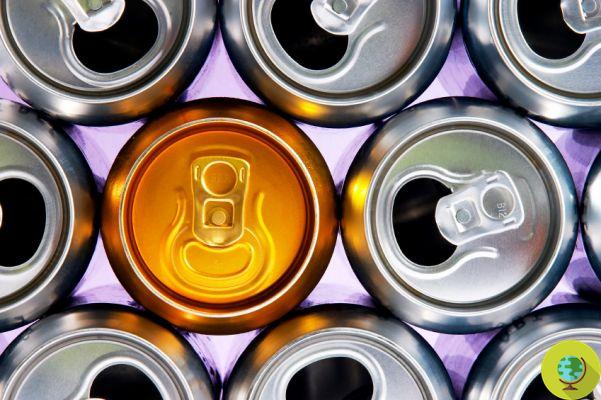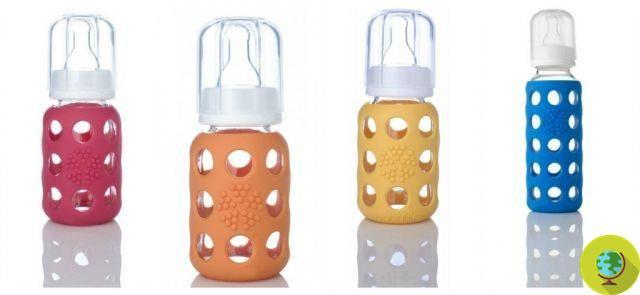
Bisphenol A (BPA), contained in soft drink cans and canned food containers, would significantly affect childhood obesity.
Don't store avocado like this: it's dangerous
Il bisphenol A (BPA), contained in soft drink cans and canned food containers, would significantly affect thechildhood obesity.
This was revealed by a study, published in the Jama - Journal of the American Medical Association - conducted by a group of researchers from the University of Pennsylvania, which - between 2003 and 2008 - they monitored 2.800 guys aged between i 6 and 19 years. From the analyzes it emerged that the presence in urine in BPA is associated with a increase in body mass and therefore a higher probability of becoming obese.
Scholars came to these conclusions after having checked some variables, such as geographic origin, gender, level of physical activity, time spent in front of the television and the income of the volunteer children participating in the experiment and found that young people with the highest levels of bisphenol A in their urine had two and a half times more likely to be obese compared to peers with the lowest levels. Regardless of skin color and geographic origin.
And there's more: according to scholars, thecontinued exposure to this substance (which derives from the daily habit of drinking canned drinks and consuming prepackaged and precooked foods) significantly affects theweight gain, already in childhood.
"Ours is the first study that links an environmental chemical agent with childhood obesity on a large representative sample," he said. Leonardo Trasande, associate professor of pediatrics and environmental medicine, who coordinated the study - Our findings further demonstrate the need to broaden the paradigm when we think about the obesity epidemic. An unhealthy diet and lack of physical activity certainly contribute to the increase in fat mass, but the story clearly does not end there ”.
This isn't the first research that correlates bisphenol A with obesity. Already last February a study by Miguel Hernandez University had noted how BPA once entered into the blood is able to deceive the hormone receptors that would mistake this substance for a natural estrogen responsible for regulating insulin levels.
After all, the danger of this substance is not new at all: it is no coincidence that the BPA had already been indicted for its effects on the endocrine system and is currently prohibited in products intended for infants, such as bottles, pacifiers and baby glasses in Europe, but is still permitted in production of cans and plastic packaging that come into contact with food.
According to scholars, it is necessary review the estimates on the hazard of bisphenol A even at low doses, because children's bodies are still more sensitive to the substance than adults.
“Eliminating it from aluminum cans - commented Leonardo Tresande - is probably one of the best ways to limit exposure. There are alternatives that manufacturers can use to coat the inside of cans. "
As always, we recommend using recyclable substances and free of harmful chemicals, such as our beloved glass, which does not alter the taste of food and is completely reusable!
Verdiana Amorosi
Read also:
- Obesity: it is also the fault of Bisphenol A which affects the metabolism
- Plastic and food: how to recognize the plastic materials not to be used with food
- Is reusing plastic water bottles safe?
- Europe finally bans Bisphenol A from baby bottles


























